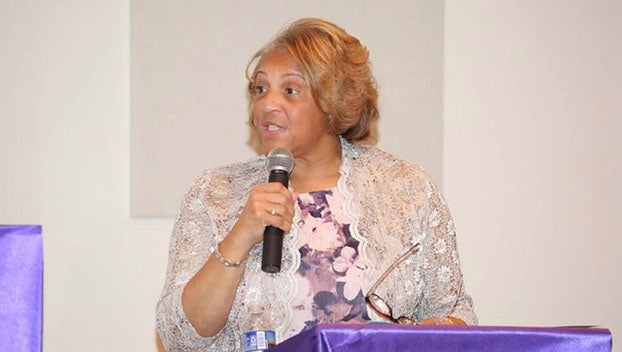Prevent child lead poisoning
Published 9:57 am Friday, October 28, 2016
The Piedmont Health District, which covers Amelia, Buckingham, Charlotte, Cumberland, Lunenburg, Nottoway, and Prince Edward counties, is participating in National Lead Poisoning Prevention Week (NLPPW) October 23-29.
The NLPPW theme, “Lead-Free Kids for a Healthy Future,” focuses on the many ways parents can reduce a child’s exposure to lead and prevent its serious health effects. The Environmental Protection Agency (EPA), along with the U.S. Department of Housing and Urban Development (HUD) and Centers for Disease Control (CDC), promote educational activities during the week, and adding a focus on lead in drinking water.
Childhood lead poisoning is considered the most preventable environmental disease among young children, yet nearly half a million U.S. children have elevated blood-lead levels. Lead poisoning can affect any child, but children under age 6 are at the greatest risk. In Virginia, in 2015, 211 children under the age of 6 were confirmed to have elevated blood lead levels; seven of these were from the Piedmont Health District area. In children, too much lead in the body can cause lasting problems with brain development affecting behavior, hearing, learning and speech. It can also slow the child’s growth. In adults, lead poisoning can damage the brain and nervous system, the stomach, and the kidneys. It can also cause high blood pressure and other health problems.
Major sources of lead exposure include lead-based paint and lead-contaminated dust in older buildings (pre-1978). Children can also be exposed to lead from other sources including contaminated drinking water. Public water supplies are routinely tested for lead, but private water supplies, such as wells, are the owner’s responsibility. Other sources of lead exposure could be contaminated soil and take-home exposures from a parent’s workplace.
Parents can reduce a child’s exposure to lead in many ways. Here are some simple things you can do:
• Get your home tested. Before you buy an older home, ask for a lead inspection.
• Get your child tested. Even if your young children seem healthy, ask your doctor to test for lead.
• Get your well water tested. For information on private well management, well water and well water testing; please visit the Virginia Household Water Quality Program (VAHWQP) website at: www.wellwater.bse.vt.edu/vahwqp.php and the Virginia Department of Health website at: www.vdh.virginia.gov/news/drinking-water-and-lead/
• Stay Alert to Recalls. The U.S. Consumer Product Safety Commission (CPSC) keeps an updated list on their website of toys or products that may contain harmful amounts of lead: www.cpsc.gov/
• Get the Facts. Your local health department can provide helpful information about preventing childhood lead poisoning. Contact information for the local health departments in the Piedmont Health District can be found online at: www.vdh.virginia.gov/LHD/Piedmont/ContactUs.htm
For information about working safely with lead paint, how to have your home tested for lead, or information on having a lead safe home, please visit the Lead-Safe Virginia website: www.vdh.virginia.gov/leadsafe/
For concerns about someone who may have been exposed to lead, contact your doctor, your local health department, or the Virginia poison center: 1-800-222-1222, online at: www.virginiapoison.org/.





